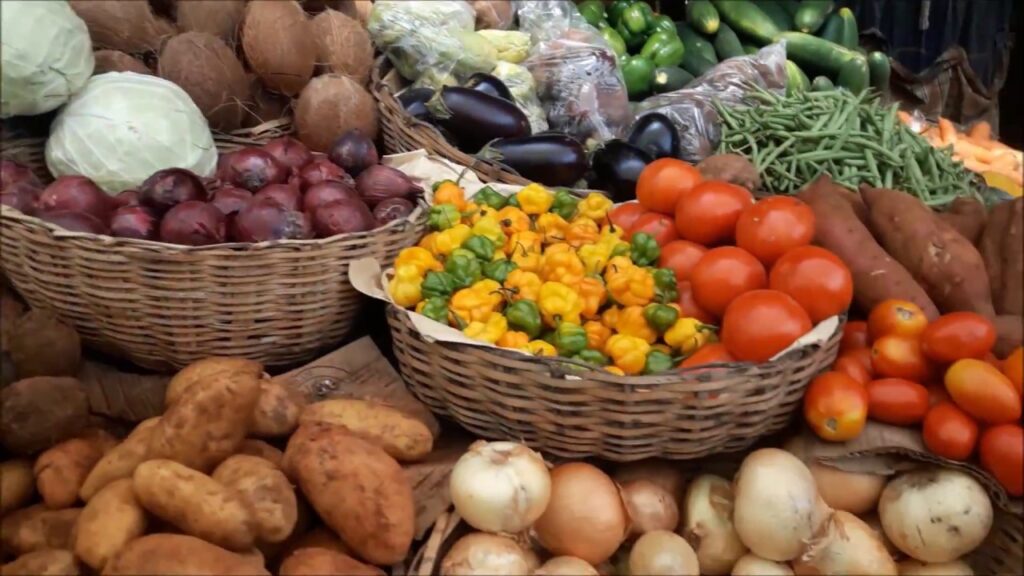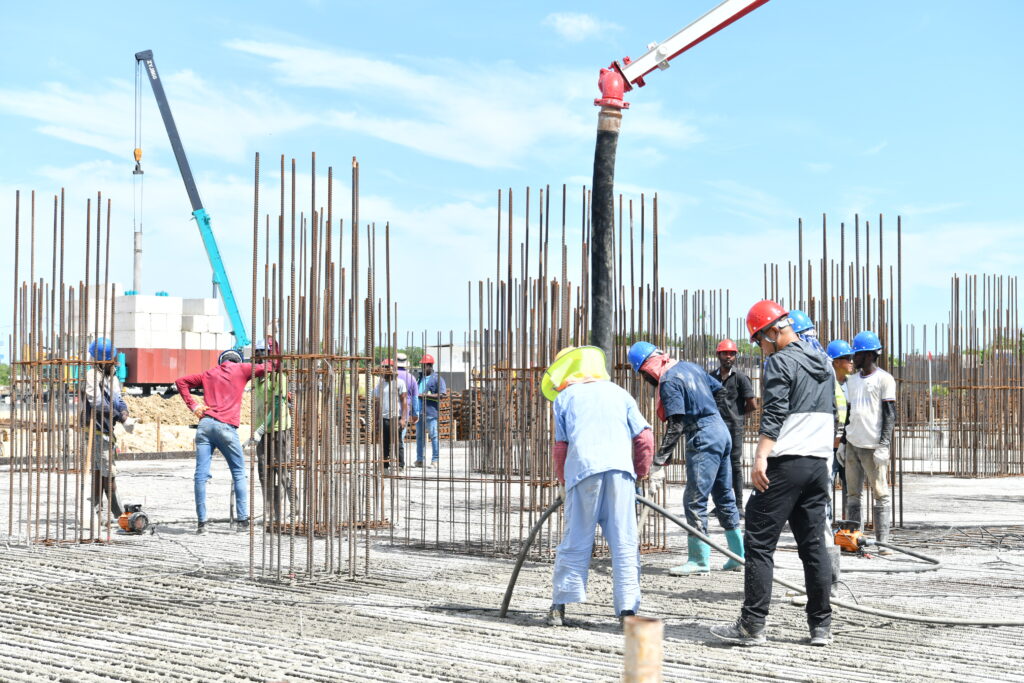

The Planning Institute of Jamaica (PIOJ) says the economy grew by an estimated 1.4 per cent during the April to June 2025 quarter, compared with the corresponding period in 2024.
PIOJ Director-General Dr Wayne Henry, speaking at its quarterly press briefing on Tuesday (August 19), said the outturn for the review quarter largely reflected continued growth in most industries.
During the review period, the ‘Goods Producing Industry’ grew by 3.8 per cent, driven by growth in three of four industries, while the ‘Services Industry’ increased by 0.5 per cent.

“’Agriculture, Forestry and Fishing’ and the ‘Accommodation and Food Service’ industries – two industries that were hardest hit by the weather-related disruptions of 2024 – were key drivers of this positive performance. Both industries have entered into a new growth phase with current output levels surpassing their pre-hurricane Beryl output levels,” Henry said.
He noted that growth in the economies of Jamaica’s major trading partners, which supported external demand, was among the factors that influenced performance during the review quarter.
Henry further shared that an increase in the labour force by 24,200 people and higher levels of consumer and business confidence levels, which drove domestic demand, also contributed to growth.
The ‘Agriculture, Forestry and Fishing’ industry grew by 9.8 per cent, reflecting the impact of more favourable weather conditions, which contributed to an increase in output per hectare and an 11 per cent expansion in the area of domestic crops reaped.
Henry advised that based on current output levels, the industry has fully recovered from the shock of Hurricane Beryl and is now in a new growth phase.
“The performance of the industry stemmed from a 14.1 per cent growth in the output of other agricultural crops. Increased production was recorded in all nine crop groups, led by cereals, up 27.8 per cent; potatoes up 22.9 per cent; vegetables up 18.9 per cent; condiments up 18.5 per cent; yams up 11.1 per cent, and legumes up 7.4 per cent,” Dr Wayne Henry detailed.

Growth was further bolstered by a 2.7 per cent increase in traditional export crops, a 3.6 per cent expansion in post-harvest activities, and a 3.1 per cent increase in animal farming, which was sufficient to outweigh a 25.5 per cent decline in egg production.
Real value added for the ‘Mining & Quarrying’ industry decreased by 3.5 per cent, reflecting declines in both alumina and crude bauxite production. Alumina production contracted by 5.5 per cent, while crude bauxite production reduced by 1.5 per cent, reflecting reduced demand from a major overseas purchaser.
Meanwhile, output of the ‘Manufacturing’ industry was estimated to have grown by 1.4 per cent.
Henry said an estimated growth of 1.6 per cent in Real Value Added was recorded for the ‘Construction’ industry, reflecting an upturn in both the ‘Building Construction and Other Construction’ components.
“Preliminary data on sales of Construction inputs indicate a 0.8 per cent increase in real terms, while cement supply to the market expanded by 8.5 per cent,” he said.

Henry added that the sector benefited from a 745.9 per cent increase in housing starts by the National Housing Trust, driven by 2,077 new starts at the Longville Park housing scheme and a higher work-in-progress supported by the strong increase in housing starts reported in the previous quarter.







Comments